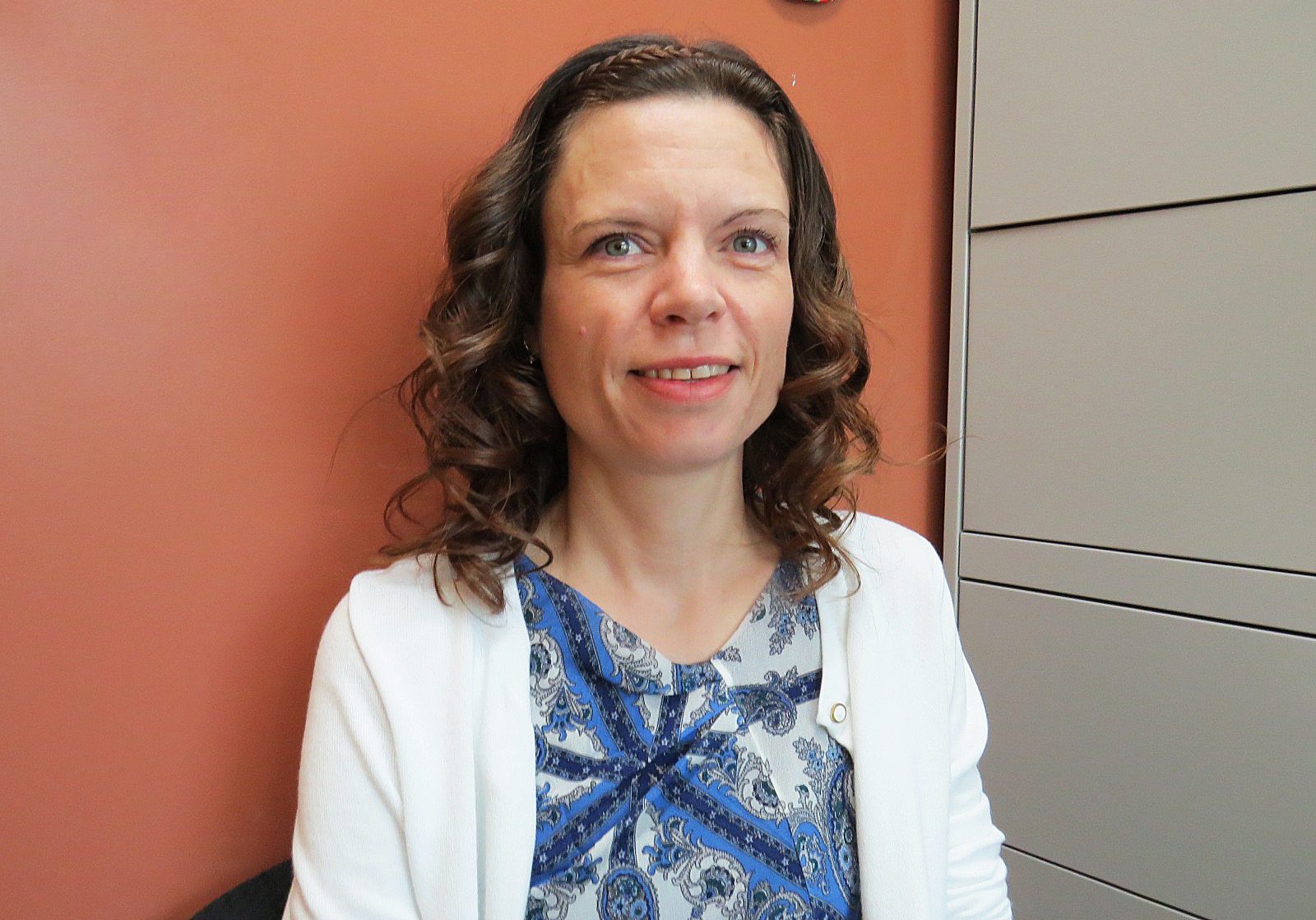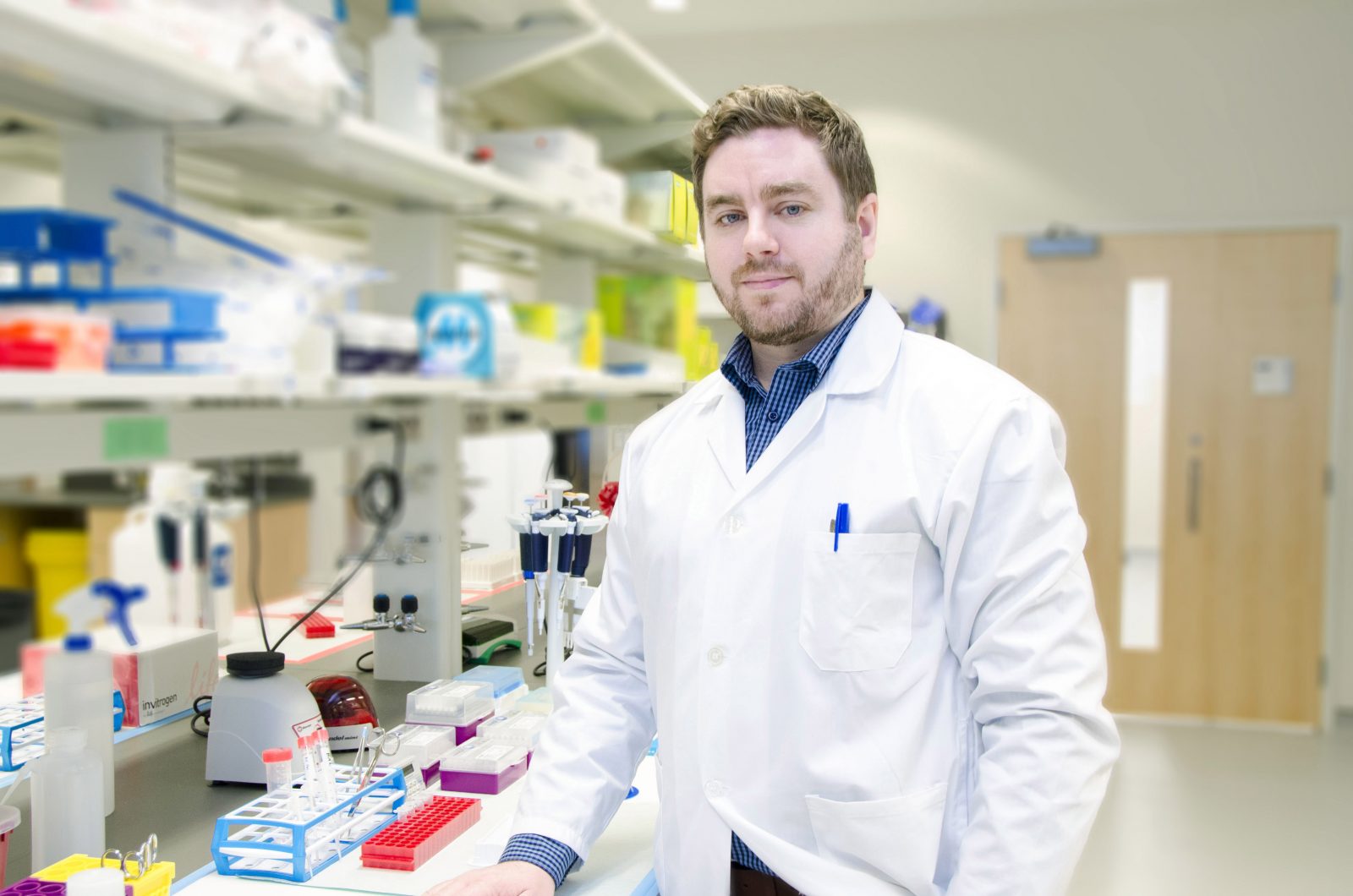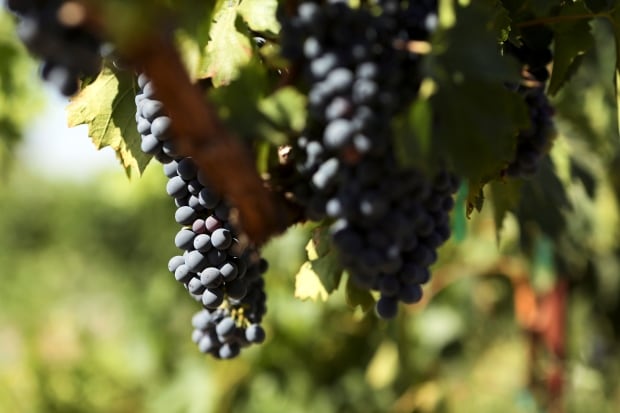By: Lydia Collas

Brock University’s Dr. Gary Pickering (left) is awarded Best Paper at the 2017 International Conference on Food and Agriculture Technologies (ICFAT) from Professor Byoung Ryong Jeong (right), Gyeongsang National University, Korea.
Research of Samantha Stea, an alumnus of the Sustainability Science and Society (SSAS) graduate program, has recently been awarded Best Paper at the 2017 International Conference on Food and Agriculture Technologies (ICFAT) in Bali, Indonesia.
Stea investigated consumer perspectives on the environmental impacts of red meat production, as well as effective means for encouraging people to reduce their consumption of red meat.
“We knew there had not been much research done on this topic, especially considering the environmental angle, so we decided it would be a unique research opportunity” said Stea, “It was immensely satisfying to get to do research that involved people’s day-to-day lives and spread some understanding of how their daily lives can have an impact on the environment.”
Livestock farming is a major cause of deforestation worldwide. This is because of the extensive land needed for grazing and the production of food, such as grain, for these animals. It also uses more water, and creates more greenhouse gas emissions than plant-based foods.
Stea began her research by identifying peoples’ motivations to eat red meat. She used her findings to design different messages about the negative environmental impacts of meat production. Several respondents indicated that they would reduce their red meat consumption, indicating the effectiveness of the messages.
Stea’s research was supervised by Dr. Gary Pickering, Professor of Biological Sciences and Psychology who presented the research at ICFAT 2017 on behalf of Stea, “Our lab is very interested and active in research that aims to understand why, as consumers, we make decisions that harm the environment.”
Pickering is keen to pursue further research in this area, “We also conduct empirical research on how we can optimize environmental messaging to promote pro-environmental behaviors. Sam’s research on red meat consumption combined both of these themes, and we are building on this success with several other projects through the SSAS programme.”
Stea expressed her delight at her work being named Best Paper at ICFAT 2017, “We knew we had tackled a novel research question, so it was exciting to get some external validation for it. I am very grateful and appreciative that our paper was chosen, I know all the submissions were high quality.”
Following her graduation from the SSAS program, Stea speaks highly of its impact on her future aspirations, “The SSAS program has led me to continue to pursue a career where I can help people and organizations to understand sustainability and how it can fit into their lives. I believe we can all live a little bit more sustainably, and this program has given me the tools and knowledge to make that happen.”













